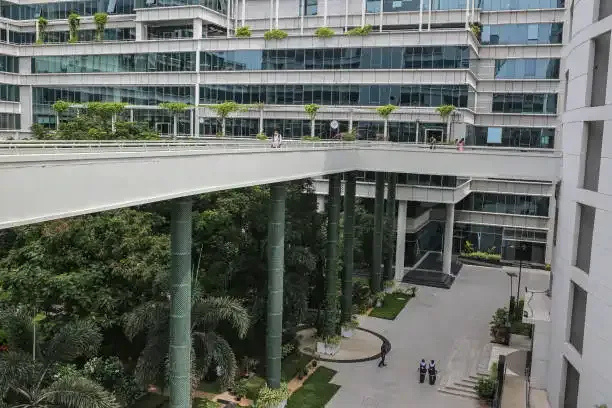Shopping cart
Your cart empty!
Terms of use dolor sit amet consectetur, adipisicing elit. Recusandae provident ullam aperiam quo ad non corrupti sit vel quam repellat ipsa quod sed, repellendus adipisci, ducimus ea modi odio assumenda.
Lorem ipsum dolor sit amet consectetur adipisicing elit. Sequi, cum esse possimus officiis amet ea voluptatibus libero! Dolorum assumenda esse, deserunt ipsum ad iusto! Praesentium error nobis tenetur at, quis nostrum facere excepturi architecto totam.
Lorem ipsum dolor sit amet consectetur adipisicing elit. Inventore, soluta alias eaque modi ipsum sint iusto fugiat vero velit rerum.
Sequi, cum esse possimus officiis amet ea voluptatibus libero! Dolorum assumenda esse, deserunt ipsum ad iusto! Praesentium error nobis tenetur at, quis nostrum facere excepturi architecto totam.
Lorem ipsum dolor sit amet consectetur adipisicing elit. Inventore, soluta alias eaque modi ipsum sint iusto fugiat vero velit rerum.
Dolor sit amet consectetur adipisicing elit. Sequi, cum esse possimus officiis amet ea voluptatibus libero! Dolorum assumenda esse, deserunt ipsum ad iusto! Praesentium error nobis tenetur at, quis nostrum facere excepturi architecto totam.
Lorem ipsum dolor sit amet consectetur adipisicing elit. Inventore, soluta alias eaque modi ipsum sint iusto fugiat vero velit rerum.
Sit amet consectetur adipisicing elit. Sequi, cum esse possimus officiis amet ea voluptatibus libero! Dolorum assumenda esse, deserunt ipsum ad iusto! Praesentium error nobis tenetur at, quis nostrum facere excepturi architecto totam.
Lorem ipsum dolor sit amet consectetur adipisicing elit. Inventore, soluta alias eaque modi ipsum sint iusto fugiat vero velit rerum.
Do you agree to our terms? Sign up

India’s battle against diabetes could take a decisive turn with a groundbreaking initiative by the Indian Institute of Technology Madras (IIT Madras) in collaboration with Sun Life Global Solutions (SLGS). The joint research aims to revolutionize early detection of type 2 diabetes by identifying Pancreastatin as a novel biomarker and developing genetic risk tests.
The research team seeks to prove that Pancreastatin can serve as a reliable indicator of pre-diabetes, enabling diagnosis years before conventional symptoms or test results appear. Alongside, a cluster of 10–12 genetic markers will be analyzed to assess individual risk profiles more accurately.
India is currently home to nearly 77 million adults with diabetes and an additional 25 million pre-diabetic individuals. Alarmingly, more than half remain undiagnosed until complications arise, as standard tests like fasting glucose and HbA1c often detect the disease only after it has progressed.
Led by IIT Madras’s Department of Biotechnology and the BJM School of Biosciences, the project builds on previous work that mapped genetic and protein variations among South Asians linked to higher risks of diabetes, hypertension, and heart disease.
Beyond academic research, the collaboration envisions real-world applications—from shaping public health policy to developing affordable diagnostic kits that can be deployed at primary healthcare centers. Early intervention could not only reduce the medical burden but also cut long-term treatment costs and safeguard economic productivity.
If successful, Pancreastatin-based screening could transform global strategies for diabetes prevention, marking a pivotal moment in the fight against one of the world’s fastest-growing health challenges.
8
Published: Sep 18, 2025